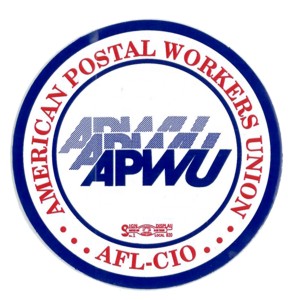A new study from the Economic Policy Institute shows that more than 10 million American workers are misclassified as independent contractors, when they are really employees. The study points to Live Nation and FedEx as businesses that routinely abuse the system, to save money on taxes, employment insurance, overtime pay, minimum wage, and workmen’s compensation.
For example, the concert producer uses subcontractor Crew One to staff its shows in Atlanta. Crew One treats the workers it employs for Live Nation as independent contractors, providing no safety training, work shoes, hard hats, and saving the expense of payroll taxes. Crew One stagehands have voted (2 to 1) to form a union, but the company is challenging the election results on the grounds that the workers are independent contractors.
FedEx is currently fighting a legal battle over worker misclassification in 27 states. Drivers are treated as independent contractors, but they must provide their own trucks painted to FedEx specifications and purchase FedEx specified uniforms, scanners, and other equipment. They also work according to FedEx hours and procedures. As independent contractors, FedEx drivers take on immense financial liability.
A tax loophole called the “Safe Harbor Rule” protects employers, allowing misclassification for tax purposes, even if it is demonstrated that they really are employees. President Obama proposed closing this loophole in his 2012, 2013, 2014, and 2015 budget proposals. The US Treasury estimates that doing so would generate $9 billion in tax revenue over 10 years.
To read the entire EPI report visit www.epi.org/publication/independent-contractor-misclassification/.



